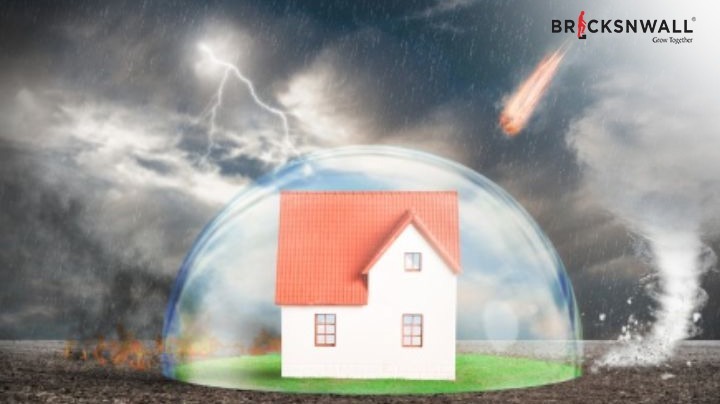Fireproofing Your Home
Koheli

Introduction
Fireproofing
your home is essential in protecting your family and property from the
destructive power of fire. While there are many ways to fireproof a home, the
following tips can help you get on the right path.
1.
Install smoke detectors throughout your home. Smoke detectors are one of your
home's most important fire safety devices. They can alert you to a fire early
on, giving you and your family valuable time to evacuate. Ensure you have smoke
detectors on every level of your home, including the basement and attic.
2.
Keep flammable materials away from heat sources. Flammable materials such
as paper, cloth, and cleaning supplies should be kept away from heat sources
such as stoves, ovens, and fireplaces. This will decrease the risk of a fire
starting in your home.
3.
Keep your home free of clutter. Clutter can make it difficult for
firefighters to navigate your home in the event of a fire. It can also provide
fuel for a fire, making it spread faster. Regularly declutter your home to
reduce the risk of fire.
4.
Use fire-resistant materials in your home. When building or remodeling
your home, consider using fire-resistant materials such as non-combustible
insulation, fire-resistant drywall, and fire-resistant roofing materials. These
materials can slow the spread of fire, giving you and your family more time to
evacuate.
5.
Keep exits clear. Ensure all doors in your home are straightforward to
access. Keep furniture and other items away from entrances so that you and your
family can easily escape in the event of a fire.
6.
Keep a fire extinguisher in your home. When a small fire breaks out, a
fire extinguisher can save lives. Please ensure a fire extinguisher is in your
home, and you know how to use it.
7.
Have a fire escape plan. It would be best if you had a plan in place in
the event of a fire; it is crucial. Ensure everyone in your home knows how to
get out and where to meet if there is a fire. Practice your fire escape plan
regularly.
8.
Inspect your home's electrical system. Ensure that your home's
electrical system is up to code and that there are no frayed wires or other
hazards. Has it been repaired immediately if you notice anything that looks
unsafe?
9.
Keep a close eye on your appliances. Ensure that your devices are in good
working order and are not overheating. If you notice any signs of wear or
damage, have them repaired or replaced.
10.
Be aware of the risks of candle use. Candles can be a beautiful addition to
your home, but they can also be a fire hazard. Keep candles away from flammable
materials and never leave them burning unattended.
Conclusion
Fireproofing your home is an ongoing process. You should regularly check your home for potential fire hazards and take steps to address them. Taking these precautions can reduce the risk of a fire in your home and protect your family and property from harm.